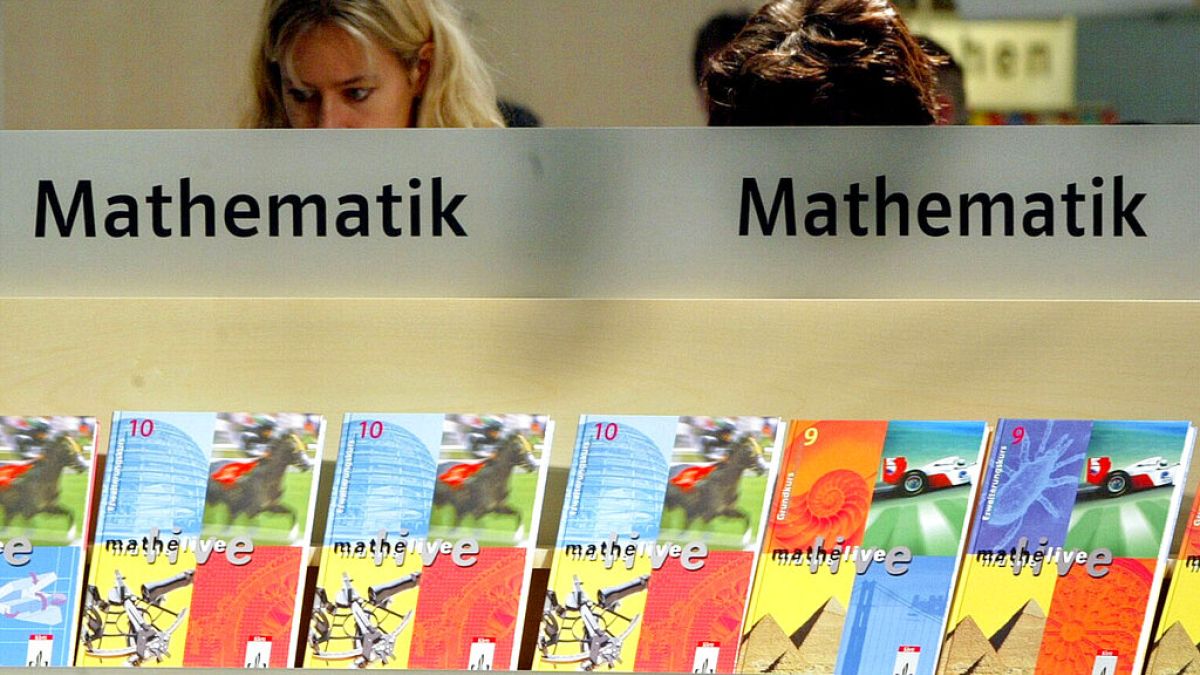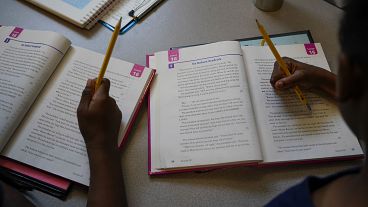EU citizens are not doing well when it comes to financial literacy. Nearly half lack an understanding of basic financial concepts, including inflation.
A third of Europeans do not understand how inflation works, according to a survey by Eurobarometer. The same survey revealed only 18% of EU citizens were able to show a high level of financial literary.
According to the survey, 65% of EU citizens are aware that, in times of positive inflation, the purchasing power of their money decreases, meaning they can buy less than they could before with the same amount of money.
Lack of knowledge about inflation could be seen as concerning
In October 2022, the annual inflation in the EU reached levels not seen before in the previous four decades at 11.5%. While the rising cost of living was the most pressing worry for 93% of Europeans at that time, apparently a third of EU citizens do not know how inflation affects their lives.
The Eurobarometer survey, carried out in March-April 2023, included questions on financial knowledge and behaviour to measure financial literacy across the EU countries.
Only about a quarter of the respondents (26%) in the EU answered at least four out of five questions on financial knowledge correctly. Half answered only two or three questions correctly, with another quarter finding questions particularly challenging.
The best performers were the Netherlands (43%), Denmark (40%), Finland (40%) and Estonia (39%) where about four in 10 respondents display a high level of financial knowledge.
Romania and Portugal reported the worst scores in high levels of financial knowledge at 13% and 16%, respectively.
Among the EU's big four economies, only Germany had a higher score than the EU average in this indicator. While the scores of France and Italy were slightly below the EU average, this figure was noticeably low in Spain at 19%.
Conversely, the proportion with a low score was highest in Cyprus and Romania (both 30%), followed by Greece (29%) and Portugal (28%).
Before looking at the details, would you like to test your financial knowledge? Here are the Eurobarometer questions!
The survey revealed that 35% did not understand how inflation reduces their purchasing power. The question was:
"You are going to be given a gift of [€1,000] in one year and, over that year, inflation stays at 2%. In one year's time, with the [€1,000], will you be able to buy:"
In the EU, 22% said that they could buy the same amount, and 7% replied that they could buy more than today. Six percent of participants had no answer.
Proportion answering this question correctly ("Less than you could buy today") was below 60% in Cyprus, Portugal, Greece, Romania, and Italy whereas Finland and Estonia had the highest share at 84%.
Another question was about understanding simple and compound interest:
"Imagine that someone puts €100 into a savings account with a guaranteed interest rate of 2% per year. They don't make any further payments into this account and they don't withdraw any money. How much would be in the account at the end of five years, once the interest payment is made?"
The number of respondents in the EU who answered this question correctly ("More than [€110]") was 45%. Surprisingly, 19% said that "less than [€110]" would be in the account.
As to the understanding the value of diversification in investing, 56% replied correctly when they were asked to complete this sentence: "An investment in a wide range of "company shares" is likely to be."
The answer was "less risky than an investment in a single share".
Financial behaviour part included the following three "agree or disagree" questions, which were not challenging.
● Before I buy something, I carefully consider whether I can afford it
● I keep track and monitor my expenses
● I set long-term financial goals and strive to achieve them
The overall financial literacy: Highest in the Netherlands, lowest in Finland
The overall financial literacy is based on financial knowledge and behaviour scores. On average, across the EU, 18% of respondents have a high score for their overall level of financial literacy, 64% have a medium score and 18% a low score.
The proportion with a high score varied between from 11% in Portugal and Latvia to 27% in Denmark, Slovenia and Sweden, and 28% in the Netherlands.
On the contrary, the proportion with a low score was the highest in Finland (27%), Latvia (24%), Belgium (22%) and Spain (22%).
What is wrong with Finland?
The case of Finland is interesting. Finland had almost the best score in financial knowledge whereas the Nordic country reported the worst score in financial behaviour. This affected their overall financial literacy score.
To illustrate, when participants were asked whether they keep track and monitor their expenses, only 16% in Finland replied, "completely agree". This was an outlier score as the EU average was 49%.
Finnish citizens also had very low scores on other financial behaviour questions.
Literacy varies with gender, education and age
Looking at the socio-demographic-level results, the proportion with a high score on overall financial literacy is higher among:
● men (24% compared to 13% of women)
● respondents aged over 39 (20%, compared to 13% of those aged 18-24 and 16% of those aged 25-39)
● respondents with a high level of education (26%, compared to 16% of those with a medium level and 12% for those with a low level of education).
The EU is working to ensure that its citizens have the knowledge and skills they need to make good financial decisions.



